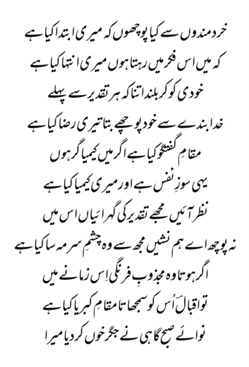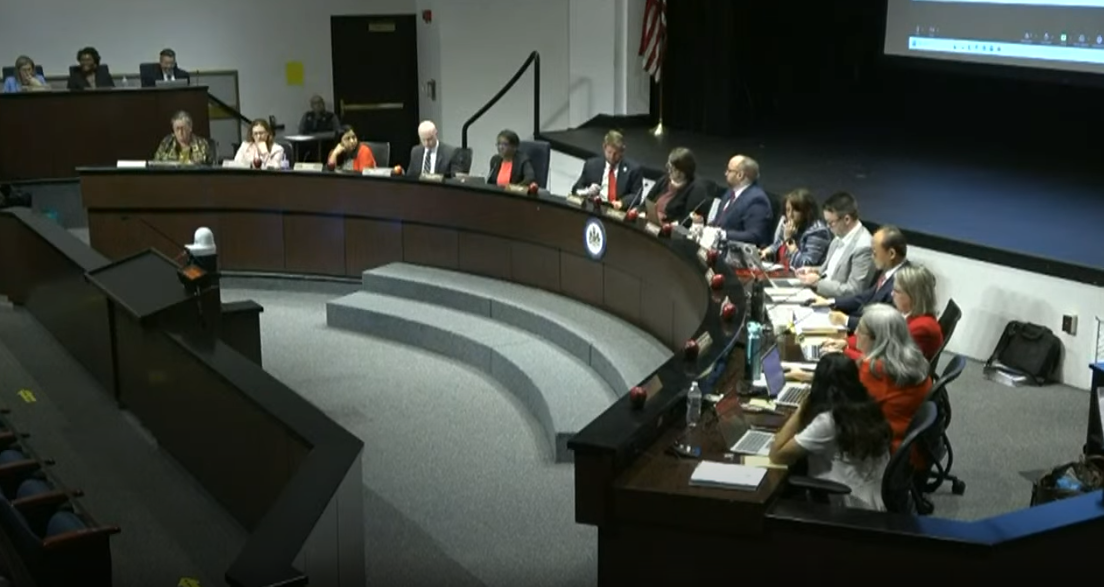In Pakistan, poetry plays a significant role in allowing people to let their voices be heard and shape their environment. Every voice has the right to be heard. With poetry, famous people like Dr. Allama Iqbal were able to have an influential impact on people’s lives and change their environment to reflect their beliefs.
The poem “Tulu-e-Islam” or “The Rise of Islam”, is one of the most famous poems of Allama Iqbal, highlighting many aspects of human life to achieve self-realization and spirituality. This poem was written during the British control of the Indian subcontinent. Due to those circumstances, Allama Iqbal emphasizes the role of men and God in achieving selfhood and finding freedom, ultimately encouraging and motivating the youth for the Pakistan Movement. It connects spiritual and intellectual awakening to illustrate the role of people.

Allama Iqbal focuses on self-realization, arguing that with potential and hard work, humans can transcend the limitations of fate and achieve self-empowerment. With its optimistic and motivational tone, the poem encouraged many people in the Indian subcontinent to stand against the oppressive British Colonists.
It also illustrates the power withheld by literature and words. The power to change perspectives and thoughts. Words can lead to actions, as seen through the Pakistan Movement inspired by Allama Iqbal’s motivational and encouraging poetry. Literature and language hold a unique power underneath it. Even though it is different for everyone, it still has the power to unite people.
Poetry, literature, and words hold the spirits of humans to express their feelings, and emotions in a unique, peculiar way to the individual, to convey their message. Poetry like these in the past is evidence that literature is a powerful and vital tool for people to deliver their spirituality, thus carrying their influence to the next generation. They hold such diverse ideas that it is impossible to even describe their significance in this short piece of writing.






















































